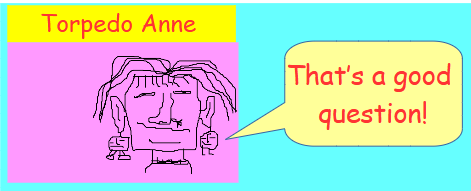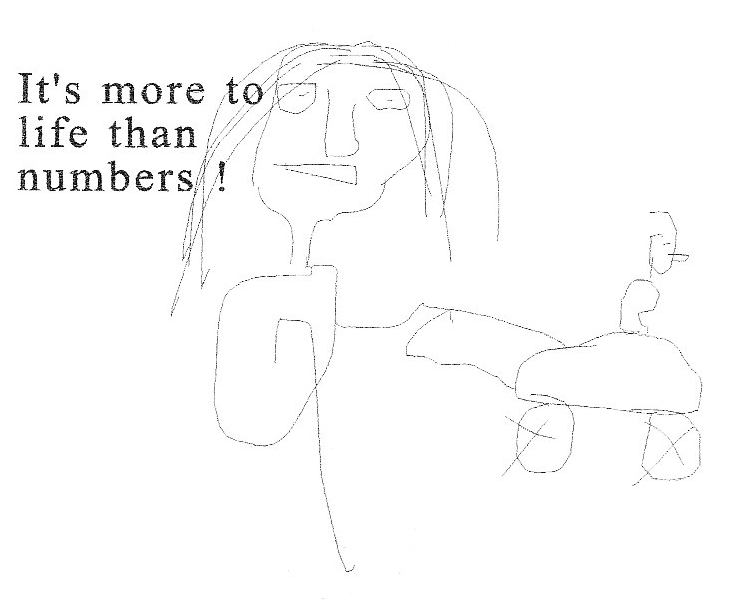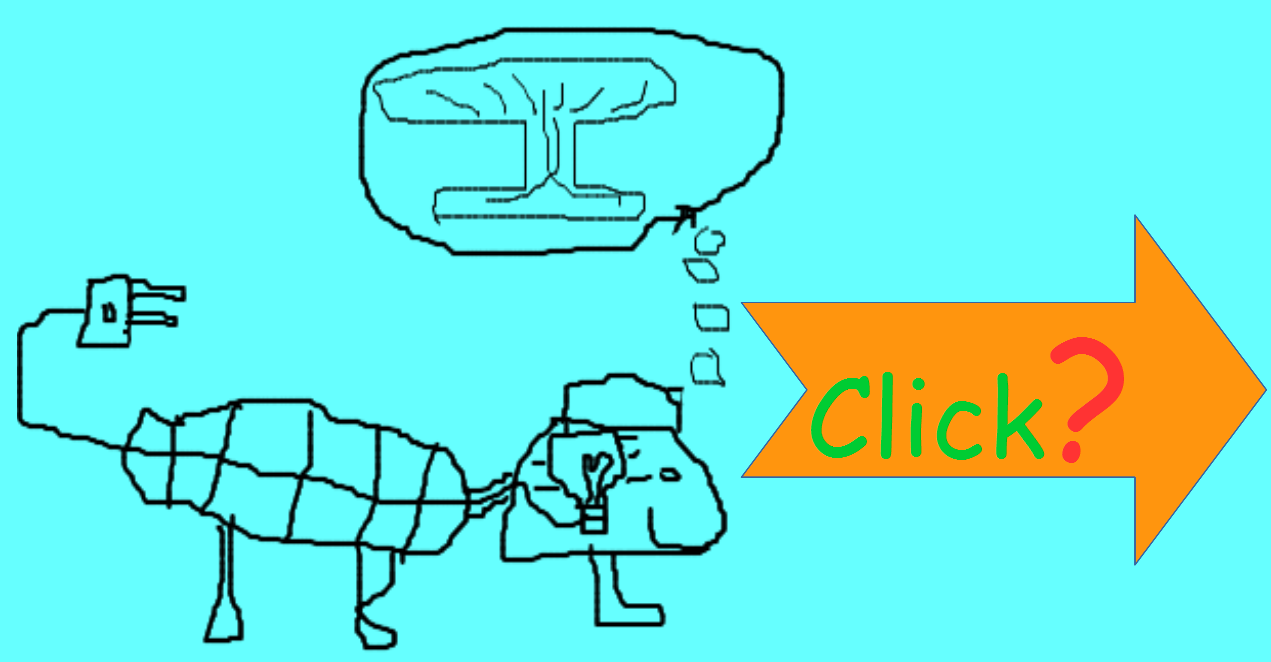page2009 Rings Matthias Lorentzen...mattegrisenforlag.com
Look at the picture beneath, then
scroll down to the question and click the correct Answer button.


Exercises: Ideals , Extensions & Vector Spaces
Exercise
Let us start with an exercise that bridges the concepts of ideals , simple extension fields,
and introduces vector spaces.
Exercise:Exploring a field E as a Vector Space.
Let F = `QQ` be the field of rational numbers. Consider the polynomial
`p(x) = x^2 - 2` `in QQ[x]`.
1. Show that the ideal `I = langle p(x) rangle` generated by p(x) in `QQ[x]` is a maximal ideal.
2. Deduce that the quotient ring `K = QQ[x]"/" I` is a field. This is a simple extension field of `QQ`.
3. Demonstrate that K is a vector space over `QQ`.
4. Find a basis for K as a vector space over `QQ` and determine its dimension.
Strategy: This exercise aims to solidify your understanding
of how quotient rings form field extensions and, more importantly , to introduce the concept that
these field extensions can be viewed as vector spaces over their base fields.
1. Maximal ideal: To show `I = langle p(x) rangle` is a maximal ideal in `Q[x]` , we will use the
property that for a polynomial `f(x) in F[x]` over a field F , an ideal `langle f(x) rangle` is maximal
if and only if f(x) is an irreducible polynomial over F. So the first step is to Show
`p(x) = x^2 - 2` is irreducible over `QQ`.
2. Quotient Ring as a field: Once we establish that I is maximal , we can directly apply the
fundamental theorem of ring theory which states that if R is a commutative ring with unity
and M is a maximal ideal of R, then R/M is a field.
Question
In the context of the exercise , where `p(x) = x^2 - 2 in QQ[x]` and the ideal `I = langle p(x) rangle`.
Which of the following statements is a direct and correct consequence of the irreducibility of
p(x) over `QQ` :
A) The quotient ring `QQ[x]"/"I` is a field , and its elements can be written as a + bx for
`a , b in QQ`.
B) The quotient ring `QQ[x]"/"I` is an integral domain , and it is isomorphic to `QQ(sqrt 2)`
?
